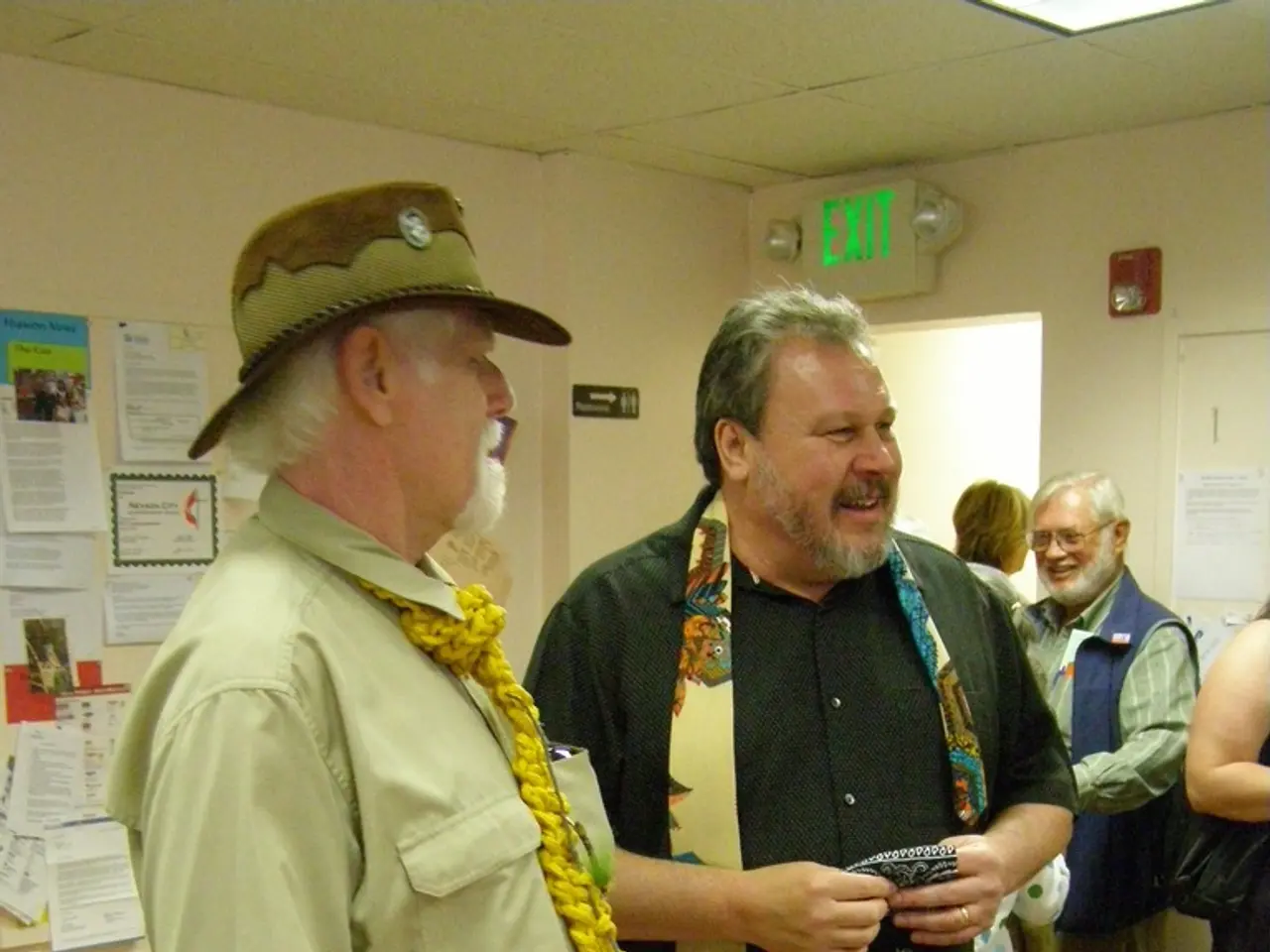Crucial Legal Guidelines for Senior Citizens Clarified
Empowering Seniors with Legal Resources in the United States
As the population of seniors continues to grow, it's essential to ensure they have access to the resources they need to navigate the complexities of their later years. This article highlights key legal resources available for seniors in the United States, including government programs and nonprofit organisations.
Government Programs
The Older Americans Act (OAA), passed in 1965, is a significant government program that funds a wide range of community-based services for adults aged 60 and over. These services include legal assistance, nutrition, transportation, caregiver support, and employment training. The OAA, which helps over 11 million older Americans and their caregivers annually, has been updated to include provisions for diverse populations, such as LGBTQ+ older adults [1][3].
Another pair of essential government programs are Medicare and Medicaid, established in 1965. Medicare provides health insurance primarily for people aged 65 and older, while Medicaid offers income-based assistance. Many older adults qualify for both and receive additional support, such as Extra Help for prescription drugs and assistance with healthcare costs [1][4][5].
The Senior Community Service Employment Program (SCSEP), administered under the OAA, provides job training and employment services for older adults seeking to remain in or re-enter the workforce [3]. Social Security and Supplemental Security Income (SSI) offer financial support for retirees and low-income seniors, helping with income stability [5].
Nonprofit Organisations
The National Council on Aging (NCOA) advocates for funding and modernization of the OAA and provides resources and support for older adults to maintain independence and access services [3]. Elder Law Clinics offer free or low-cost legal assistance on issues including housing, consumer rights, and healthcare concerns specific to seniors [5].
AHCA/NCAL (American Health Care Association / National Center for Assisted Living) represents long-term and post-acute care providers, helping to shape policy and practices affecting elderly care [2]. Various local and state nonprofits and legal aid organizations offer targeted help with elder legal issues, financial assistance, and navigating government benefits [5].
Navigating Legal Matters
Key aspects seniors should navigate include understanding Medicare benefits and coverage options, exploring Medicaid services for low-income seniors, and recognizing confidentiality and privacy rights under HIPAA. Educational initiatives empowering seniors about their legal rights are essential for fostering informed decision-making and enabling the aging population to navigate legal matters effectively.
Assisted living and nursing facilities must comply with specific regulations that prioritize the safety and well-being of residents. Elder abuse can manifest in various forms, including financial exploitation, identity theft, misuse of power of attorney, and unauthorized access to financial accounts. The National Council on Aging (NCOA) provides informative guides and resources that help seniors understand their entitlements, protecting them from potential legal pitfalls.
In conclusion, a combination of government programs and nonprofit organisations offers vital legal resources for the aging population, addressing various legal challenges faced by seniors. These resources support aging in place, protection against abuse, access to benefits, and community engagement [1][3][5].
- In the realm of health-and-wellness, it is crucial for older adults to be aware of their rights under the Health Insurance Portability and Accountability Act (HIPAA), which protects their confidentiality and privacy.
- To ensure science-backed care, seniors can seek assistance from Elder Law Clinics that provide free or low-cost legal help on issues related to health concerns specific to seniors, such as Medicare benefits and coverage options.




